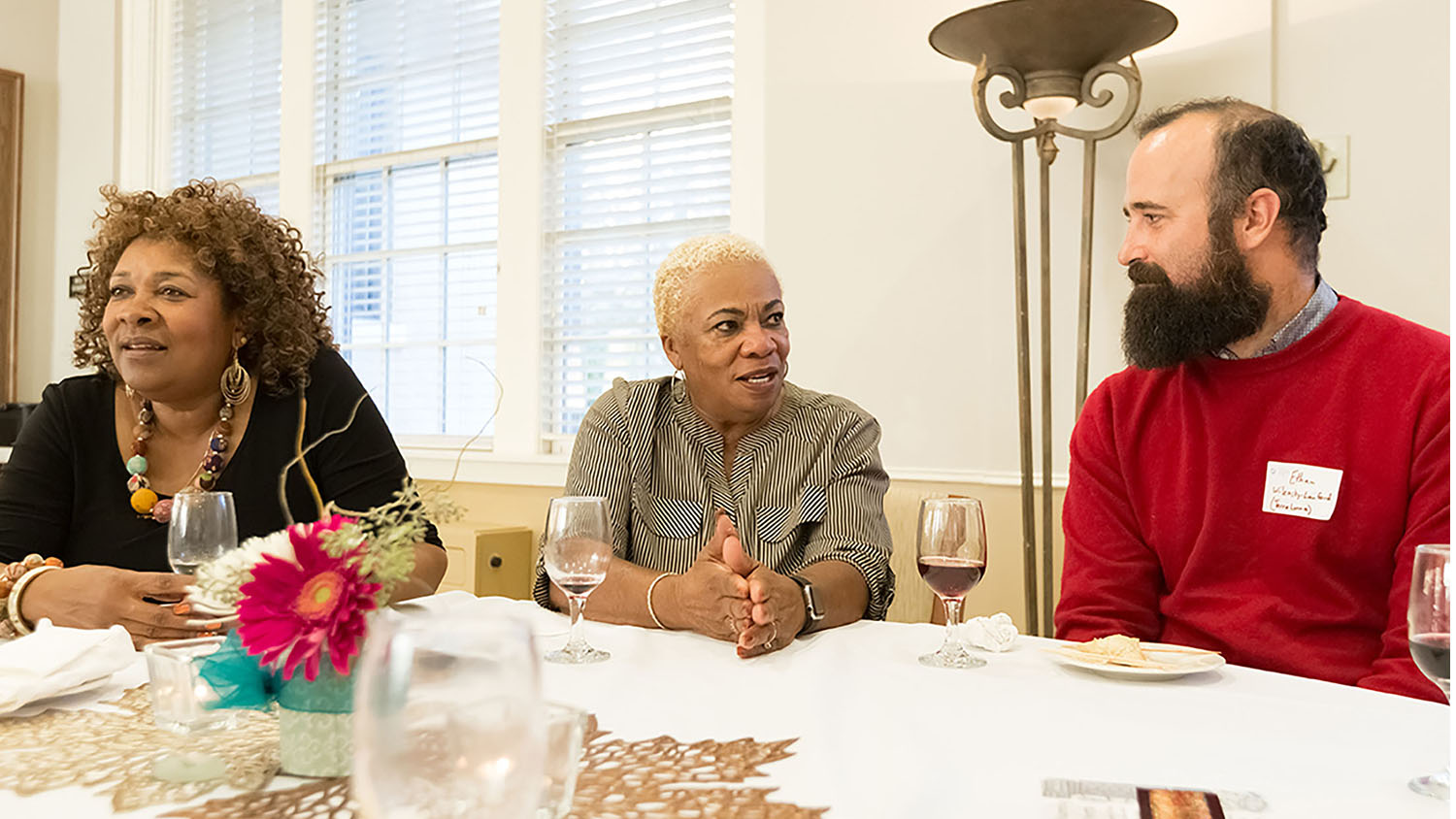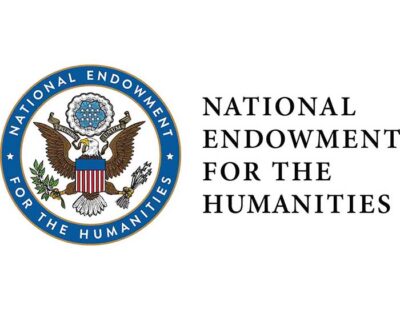American Rescue Plan Act

About the American Rescue Plan Act
In 2021, the National Endowment for the Humanities (NEH) received $135 million in funding to assist humanities and cultural organization affected by the COVID-19 pandemic as part of the American Rescue Plan Act (ARP).
As the state affiliate for the NEH, the Minnesota Humanities Center (MHC) will provide $755,000 in emergency relief to Tribal Nations and tax-exempt non-profits in Minnesota who have a history of and commitment to humanities programming and are experiencing financial distress due to COVID-19.
Our goal is to ease Minnesota non-profits’ financial hardship so that they may continue to serve communities with their humanities programming and content. Now more than ever, Minnesotans need to feel connected to one another and the humanities help us do that. We are honored to have the opportunity to support organizations who are doing this important work.
Funding Details and Timeline
Applicants may request up to $20,000. Requested funds may be used for the following:
- General operating costs
- Humanities programming
- Strategic planning and capacity building efforts related to preparing, responding to, and recovering from COVID-19
- Technical/consultant needs related to a digital transition or in support of preservation and access programs
- Expansion of outdoor and virtual humanities programming and activities, from traditional environments to those that are more accessible, due to the effects of COVID-19
- Equity assessments and planning related to COVID-19 and the economic crisis
Applications are due by 11:59 p.m. Wednesday, October 20, 2021. All applicants will be given a funding status update within one month of submitting an application.
We are prioritizing funding for applicants who often face systemic barriers to institutional funding streams, including those:
- Whose budgets are less than $500,000
- Serving communities including but not limited to:
- People of color
- Indigenous peoples
- People who identify as LGBTQ+
- People with disabilities
- Neurodiverse people
- People who identify as immigrants
- Individuals who are refugees
- People whose first (or only) language is not English
- Veterans
- Whose board, leadership, and decision-makers are reflective of those they serve
Eligibility Criteria
Eligible organizations must:
- Be based in Minnesota
- Be a tax-exempt non-profit with a registered EIN, or a Tribal Nation
- Have existed for at least three years
- Offer consistent humanities programming currently and in at least the last two years
- Demonstrate a need for financial relief from COVID19-related financial hardship
- Be in good standing with the IRS and not appear on OFAC Sanctions list
- Be up to date on reporting and state requirements for any funds previously awarded by MHC
- Have a Data Universal Number System (DUNS) number (Note: this is not needed to apply, but organizations must get one before any funds can be released)
Please review the FAQs below for more information on these criteria.
We cannot accept applications from: individuals, non-profits with fiscal sponsors, for-profit entities, local and state government, K-12 schools, universities and colleges, or organizations that do not have a history of offering humanities activities.
Arts organizations are encouraged to contact the Minnesota State Arts Board for grants provided through the National Endowment for the Arts.
FAQs
What do you mean by “humanities” and “humanities programming”?
Humanities and humanities programming include our cultures, languages, ethics, civics, stories, religions, laws, philosophies, histories, and more. Humanities programming can center around these disciplines as well as the activities and actions – reflecting, making meaning, connecting, questioning, etc.—that help us learn about our humanity and the human experience.
What the humanities are not: humanitarian aid or social service work.
How long do we have to spend the funds?
You must spend the funds by November 30, 2022.
What’s the difference between eligibility and priority criteria?
All applicants must meet all of the eligibility requirements in order to apply. These are required as a part of granting federal funds.
You do not have to meet all of the priority criteria in order to apply. You can receive funding if you meet some of the priorities. If you meet none of the priorities, you may still be eligible to apply, and your award may happen later, after we fund priority organizations.
If we are applying for/receiving federal relief funds from another source, can we apply for/receive these funds?
Yes, you are still eligible to receive funds from this grant. MHC recognizes that one source of funding is likely not enough to cover all of your operating needs now and for the foreseeable future.
What is a Data Universal Number System (DUNS) number, why do we need it, and how do we get one?
A DUNS number is a unique nine-character number that federal government uses to track how federal money is allocated. If your organization does not yet have a DUNS number or you’re unsure if you have one, visit the Dun & Bradstreet (D&B) website to register or search for one.
Registering for a DUNS number should take a few business days. It is free of charge, so if you encounter any organizations or websites soliciting a fee or charge to acquire a DUNS number it is likely a scam.
We are required by the NEH to require a DUNS number from awardees, and we acknowledge that it is an institutional barrier to many organizations. If you would like assistance with this process, we are happy to help you.
What does “in good standing with the IRS” mean?
In good standing with the IRS means that the organization has completed all reporting requirements and can therefore receive tax-deductible charitable contributions. We use the IRS Tax Exempt Organization Search to confirm IRS compliance.
What happens once we’re awarded?
You will receive a grant agreement to review and sign electronically, as well as information about payment options (check or electronic transfer). Electronic transfer is preferred, and we will walk you through the options when we notify you of your award. MHC will also work with you to secure your DUNS number, and then we will prepare to process your grant payment. You should receive the funds within five to 10 business days after your DUNS number is confirmed and your agreement is fully signed. You will receive the grant payment upfront, in full.
What kind of reporting do we have to complete?
Once all funds are spent, awardees will submit a final report, about one to three pages, that will include narrative questions and a brief financial description of how the funds were spent. A form will be provided.
Questions?
Laura Adams

